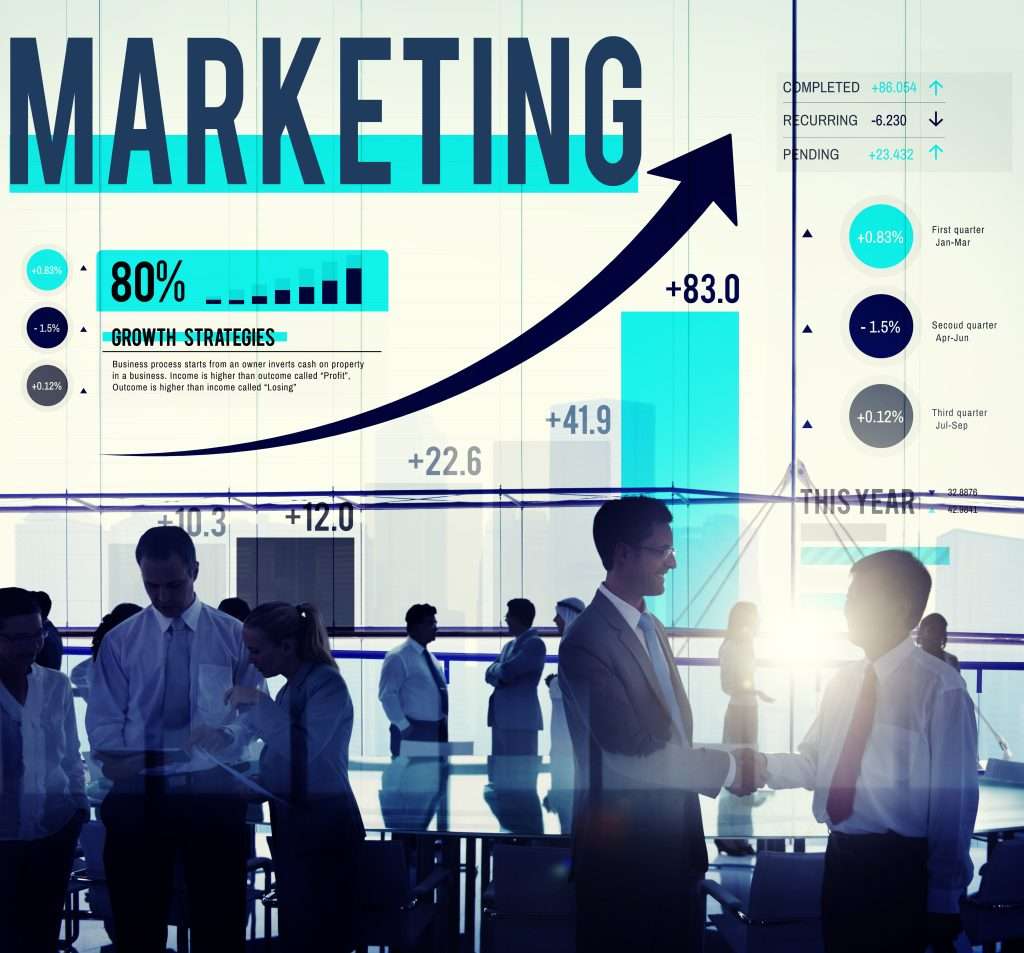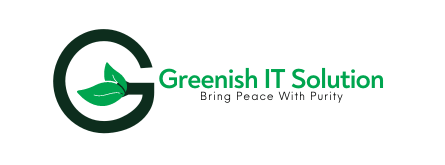Skyrocket Your Business Growth with Digital Marketing Strategies
In today’s fast-paced digital world, businesses investing in digital marketing see 2.8 times higher revenue growth expectancy. Traditional marketing methods are no longer enough. As consumers increasingly rely on online platforms, businesses must adapt to stay relevant. This blog will guide you through harnessing digital marketing strategies to grow your business effectively.

Understanding Digital Marketing Strategies to Skyrocket Your Business
Digital marketing refers to using online channels to promote products and services, engaging with customers through the internet. It encompasses several key components:
- SEO (Search Engine Optimization) ensures search engines find your content.
- Content Marketing involves creating valuable content to attract and engage your audience.
- Social Media Marketing uses platforms like Facebook and Instagram to connect with users.
- Email Marketing fosters direct communication with your audience.
- PPC (Pay-Per-Click) advertising drives immediate traffic through paid ads.
Digital marketing is essential for modern businesses, because it allows them to reach a global audience, track real-time results, and engage with customers more effectively.
Building an Effective Digital Marketing Strategy
Identify Your Target Audience
Understanding your audience is crucial. Tools like Google Analytics and social media insights help identify demographics, interests, and behaviors, enabling you to tailor your marketing efforts to meet their needs.
Set Clear Goals
Setting SMART (Specific, Measurable, Achievable, Relevant, Time-bound) goals ensures your digital marketing efforts align with your business objectives. Common goals include increasing website traffic, generating leads, and improving conversion rates.
Choose the Right Digital Marketing Strategy Channels
Selecting the right channels is key to effectively reaching your target audience. For B2B businesses, LinkedIn may be more effective, while B2C companies might prioritize Instagram and Facebook.

Leveraging SEO for Business Growth
On-Page SEO
On-page SEO ensures each page on your website is optimized to attract and retain visitors. Use keywords, meta descriptions, and headers effectively to improve search ability.
Off-Page SEO
Off-page SEO boosts your site’s credibility through quality backlinks, social signals, and domain authority. Building a network of reputable links can significantly enhance your site’s authority and ranking.
Technical SEO
Technical SEO focuses on the backend elements, ensuring your site is fast, secure, and easy to navigate. Website speed, mobile optimization, and a secure site structure are critical for a positive user experience.
Local SEO
For businesses serving local customers, optimizing for local search is crucial. Claiming your Google My Business listing can drive more foot traffic to your physical location.
Content Marketing: The Backbone of Digital Marketing
Creating Valuable Content
Content is king in digital marketing. Provide valuable, informative content through blogs, videos, and infographics to establish trust and authority in your industry.
Content Distribution
Creating great content is just the first step. Share it across channels where your audience is active, like social media and email newsletters, to maximize impact.
Re-purposing Content
Repurpose content for different formats and platforms to extend its reach. For example, a blog post can become a video, infographic, or social media snippet.
Social Media Marketing: Building Your Online Presence
Choosing the Right Platforms
Not all social media platforms are equal. Choose ones where your audience spends time, and align with your business objectives to maximize engagement.
Engagement Strategies
Social media is about building relationships. Engage with your audience by responding promptly to comments and messages and providing valuable content.
Social Media Advertising
Paid social media advertising allows you to target specific audiences and drive immediate results, whether increasing brand awareness or generating leads.
Email Marketing: Staying Connected with Your Audience
Building a Quality Email List
A quality email list is one of your most valuable assets. Grow it with engaged subscribers interested in your offerings through lead magnets and sign-up forms.
Crafting Effective Emails
Effective emails start with catchy subject lines and personalized content that resonates with recipients, ending with clear calls to action.
Automation and Segmentation
Email automation and segmentation allow personalized communication, delivering the right message to the right person at the right time.
Pay-Per-Click Advertising: Driving Immediate Traffic
Understanding PPC
PPC advertising allows you to bid for ad placement in search engine results or social media platforms, paying only when someone clicks on your ad.
Setting Up Your First Campaign
Start by researching relevant keywords, creating compelling ad copy, and setting a budget that aligns with your goals. This ensures a successful PPC campaign.
Monitoring and Optimization
PPC campaigns require continuous monitoring and tweaking to ensure the best return on investment. Track performance and adjust strategies as needed.
Measuring Success: Analytics and Metrics
Key Metrics to Track
Tracking the right metrics helps you understand the effectiveness of your digital marketing efforts and where improvements are needed. Focus on traffic, conversion rates, and ROI.
Tools for Analytics
Tools like Google Analytics offer deep insights into website performance, allowing data-driven decisions to refine strategies.
Using Data to Refine Your Strategy
Data from analytics is a goldmine for refining strategies and achieving better results. Use insights to adjust and improve your digital marketing efforts continuously
Conclusion
Digital marketing is a powerful tool that can significantly boost your business. By understanding your audience, setting clear goals, and choosing the right channels, you can create a strategy that drives growth. Ready to take your business to the next level? Subscribe to our newsletter for more tips or contact us today for a personalized consultation. So, are you ready to take your business to the next level? here
FAQs
- What is digital marketing, and why is it important for my business?
- Answer: Digital marketing involves promoting your business online through various channels like social media, search engines, email, and websites. It’s crucial because it allows you to reach a broader audience, engage with customers directly, and measure the effectiveness of your marketing efforts.
- How can I determine the best digital marketing strategy for my business?
- Answer: Start by identifying your target audience, setting clear goals, and understanding the strengths and weaknesses of different digital marketing channels. Test different strategies, measure results, and adjust based on what works best for your business.
- How long does it take to see results from digital marketing?
- Answer: The timeline for seeing results varies depending on the strategy used. SEO and content marketing might take a few months to show significant results, while PPC advertising can generate immediate traffic. Consistency and continuous optimization are key.
- Is social media marketing necessary for all businesses?
- Answer: While not every business needs to be on every social media platform, most can benefit from having a social media presence. Choose platforms that align with your target audience and business goals, and focus on creating engaging, relevant content.
- What’s the difference between organic and paid digital marketing?
- Answer: Organic marketing involves strategies like SEO and content marketing, which attract traffic without direct payment. Paid digital marketing, such as PPC and social media ads, involves paying for visibility and traffic. Both are essential, but the balance depends on your goals and budget.
- How do I measure the success of my digital marketing efforts?
- Answer: Success can be measured using various metrics such as website traffic, conversion rates, ROI, engagement rates on social media, and email open rates. Tools like Google Analytics, social media insights, and CRM systems can help track these metrics.
- How can small businesses compete with larger companies using digital marketing?
- Answer: Small businesses can compete by focusing on niche markets, creating personalized and high-quality content, and leveraging cost-effective digital marketing tools. A well-executed strategy can level the playing field.
- What is the role of content marketing in digital marketing?
- Answer: Content marketing is about creating valuable, relevant content to attract and engage your target audience. It’s the backbone of many digital marketing strategies, helping build brand authority, improve SEO, and nurture customer relationships.
- Do I need a big budget to succeed in digital marketing?
- Answer: Not necessarily. Many digital marketing tactics, like SEO, content marketing, and organic social media, require more time and effort than money. However, having a budget for paid ads and tools can accelerate results.
